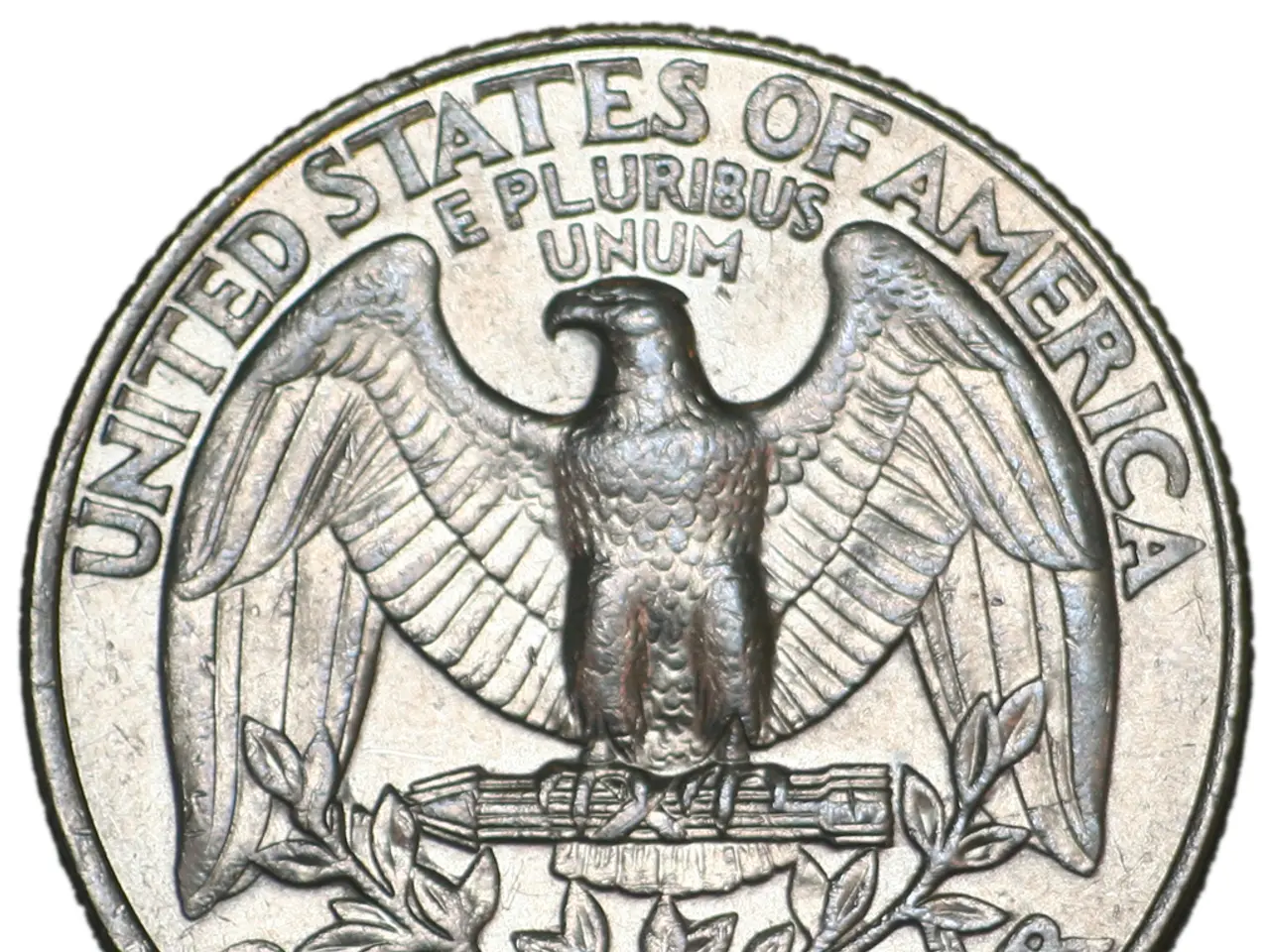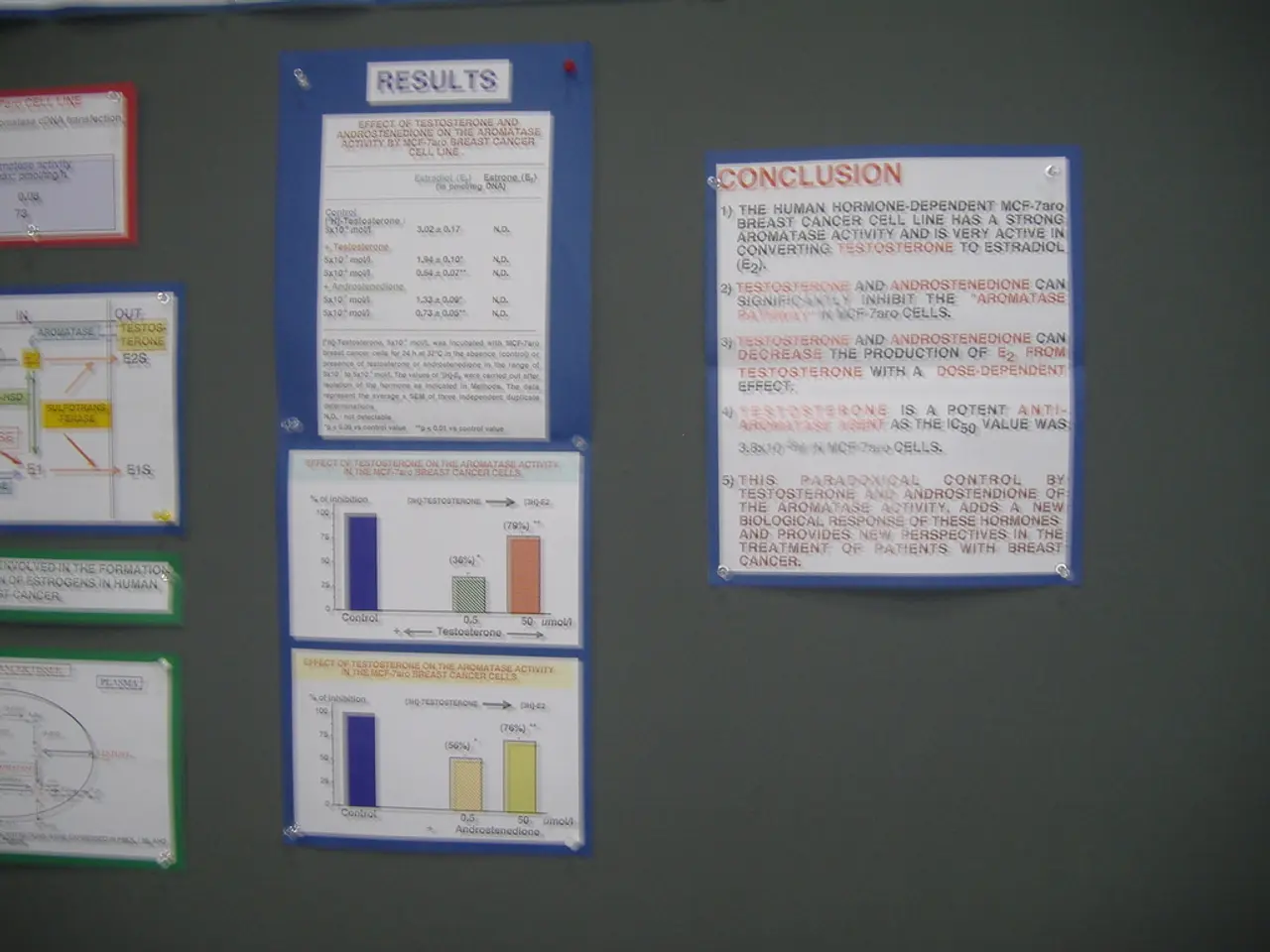Divorce Proceedings in Texas: Weighing the Importance of Spousal Support versus Asset Distribution
Spousal Maintenance and Property Division in Texas Divorces
Divorce in Texas can be a complex process, particularly when it comes to the division of property and the awarding of spousal maintenance. Here's a breakdown of how these matters are determined in the Lone Star State.
Spousal Maintenance
In Texas, spousal maintenance, also known as alimony, is not automatically granted. To qualify, the requesting spouse must demonstrate that they lack sufficient property and income to meet their reasonable needs and meet at least one of the following conditions:
- The marriage lasted 10 years or more, and the spouse cannot earn sufficient income due to disability or caregiving for a disabled child.
- The paying spouse was convicted of family violence within two years before the divorce.
- The requesting spouse is physically or mentally disabled, preventing them from working.
The amount of spousal maintenance cannot exceed 20% of the paying spouse’s average monthly gross income or $5,000 per month, whichever is less. The duration of payments depends on the length of the marriage, with a maximum of up to 10 years if the marriage lasted over 30 years, and potentially indefinite if the spouse is disabled or caring for a disabled child.
Factors influencing the amount and duration of spousal maintenance include the income and earning capacity of both spouses, the standard of living established during the marriage, contributions to the marriage, age, health, education, job skills, efforts to become self-supporting, marital misconduct, and income disparity.
Property Division
Texas is a community property state, meaning any assets and debts acquired during the marriage are generally considered joint property. However, the division of property is not always a 50/50 split. Instead, it should be "just and right," giving judges flexibility to consider the entire picture and make a decision regarding the split.
Courts consider factors such as each spouse’s contribution to acquiring marital property, economic circumstances, and sometimes fault or misconduct. The goal is equitable distribution, not necessarily a 50/50 split, based on the marriage’s specifics.
Seeking Legal Advice
Navigating the complexities of a Texas divorce can be challenging. Hiring a skilled and trusted lawyer is crucial to weigh options and negotiate for what matters. Boudreaux Hunter and Associates, LLC, located at 3555 Timmons Ln., Suite 1510, Houston, TX 77027, offers a confidential consultation with a knowledgeable Texas divorce attorney. To contact them, individuals can click a link or call and speak to a member of the firm at 713-333-4430.
Remember, your future is worth protecting, and it starts by planning the next chapter now. Consider your post-divorce goals to determine whether a reliable monthly income (spousal maintenance) or a larger share of property is more beneficial for your situation.
Spousal maintenance can serve as a critical bridge to financial independence, offering temporary support while an individual re-enters the workforce or re-trains. On the other hand, property division is typically final once the divorce is complete, so it's essential to make informed decisions about what to ask for and how to ask for it. A seasoned divorce attorney can provide the knowledge and strategy needed to achieve a fair outcome.
It's also important to remember that spousal maintenance in Texas is not intended to be a permanent measure of help, but is typically limited in both time and amount. Additionally, spousal maintenance can be modified or ended early if circumstances change, while property division is typically final.
In conclusion, spousal maintenance and property division in a Texas divorce are determined based on specific legal criteria and factors reflecting each spouse’s financial and personal circumstances. The court exercises discretion guided by statutes, reviewing evidence like income documents, property records, and personal circumstances to arrive at fair outcomes. Seeking the advice of a skilled attorney can help ensure that your rights and interests are protected throughout the divorce process.
In the context of a Texas divorce, it is crucial to understand that spousal maintenance can serve as a temporary financial lifeline for individuals transitioning back to the workforce or undergoing retraining, while property division is usually final once the divorce is completed. Seeking the advice of a seasoned divorce attorney can aid in making informed decisions about spousal maintenance and property division, enabling individuals to protect their rights and interests throughout the divorce process.




